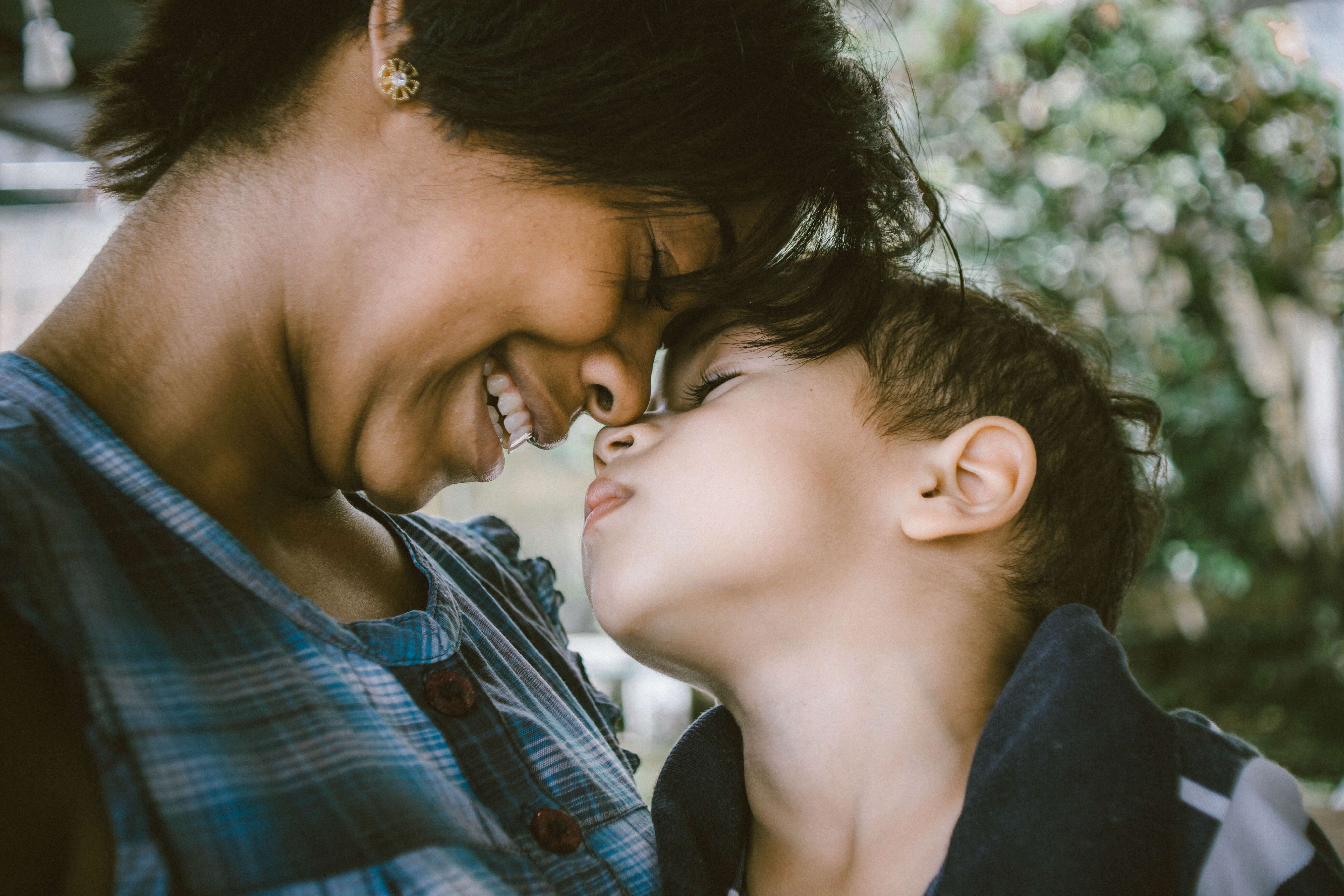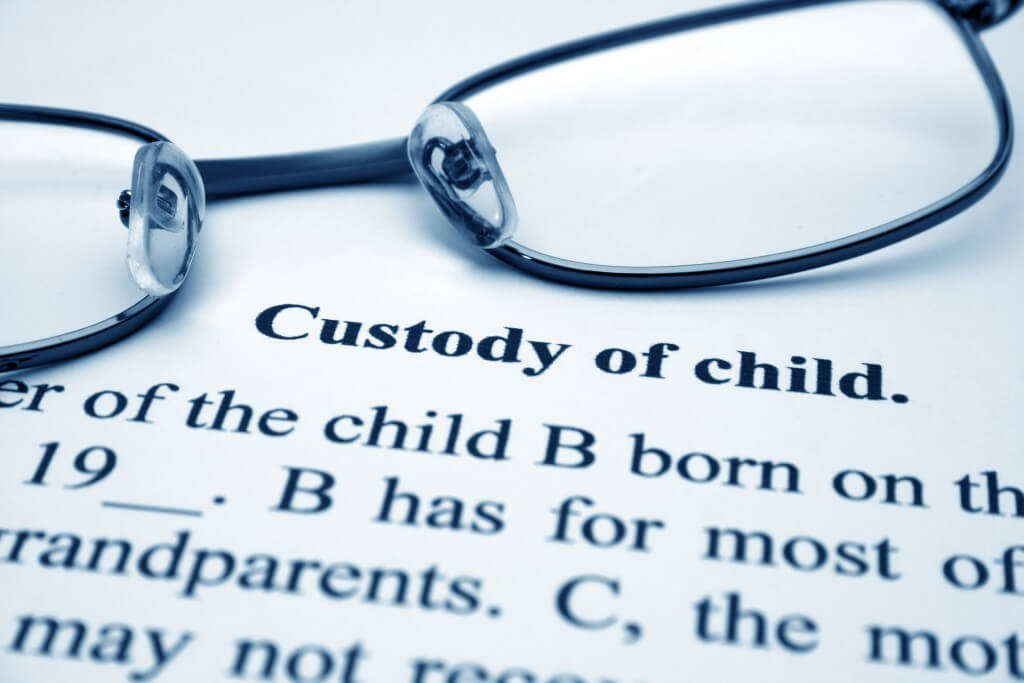
Georgia Family Law – Who gets the children after the Divorce?
In Georgia, child custody law statute is actually gender neutral, in fact, it is not uncommon for fathers to get custody in Georgia. Georgia code 19-9-3(a) (1) clearly states that in all cases in which the custody of any child is at issue between the parents, there shall be no prima-facie right to the custody of the child in the father or mother. There shall be no presumption in favor of any particular form of custody, legal or physical, nor in favor of either parent. There are no special rights for the mother nor the father. When determining child custody law and visitation rights in Georgia the judge has broad discretion and will make this determination based on what he/she thinks is in the best interest of the children. Some cases are not complicated; one of the parents suffers from some substance abuse, chooses poor lifestyle choices and relationships or has obvious unsuitable living situations. When these factors are present it is not difficult for the judge to determine what is in the best interest of a child but when the issues are more subtle and there are two fit parents it becomes far more complicated.

Do the Father and Mother have equal rights? Yes, Georgia is a Gender Neutral State.
Georgia Child Custody Law Code 19-9-3(3) provides that in determining the best interests of the child, the judge may consider any relevant factor including, but not limited to:
(A) The love, affection, bonding, and emotional ties existing between each parent and the child;
(B) The love, affection, bonding, and emotional ties existing between the child and his or her siblings, half siblings, and stepsiblings and the residence of such other children;
(C) The capacity and disposition of each parent to give the child love, affection, and guidance and to continue the education and rearing of the child;
(D) Each parent’s knowledge and familiarity of the child and the child’s needs;
(E) The capacity and disposition of each parent to provide the child with food, clothing, medical care, day-to-day needs, and other necessary basic care, with consideration made for the potential payment of child support by the other parent;
(F) The home environment of each parent considering the promotion of nurturance and safety of the child rather than superficial or material factors;
(G) The importance of continuity in the child’s life and the length of time the child has lived in a stable, satisfactory environment and the desirability of maintaining continuity;
(H) The stability of the family unit of each of the parents and the presence or absence of each parent’s support systems within the community to benefit the child;
(I) The mental and physical health of each parent;
(J) Each parent’s involvement, or lack thereof, in the child’s educational, social, and extracurricular activities;
(K) Each parent’s employment schedule and the related flexibility or limitations, if any, of a parent to care for the child;
(L) The home, school, and community record and history of the child, as well as any health or educational special needs of the child;
(M) Each parent’s past performance and relative abilities for future performance of parenting responsibilities;
(N) The willingness and ability of each of the parents to facilitate and encourage a close and continuing parent-child relationship between the child and the other parent, consistent with the best interest of the child;
(O) Any recommendation by a court-appointed custody evaluator or guardian ad litem;
(P) Any evidence of family violence or sexual, mental, or physical child abuse or criminal history of either parent; and
(Q) Any evidence of substance abuse by either parent.
Factors That Affect Child Custody Law in Georgia

So, when I hear people state that the mother usually gets the children, this is not entirely true. The child custody law in Georgia is far more detailed than just the cause of mother vs father. Of course, if the child is very young, breastfeeding or dependant on the mother, then the chances of the mother gaining custody are high. The court will weigh a multitude of other factors when making a custody determination. These factors can vary but are often no more than the fact that one parent may be the parent taking the child to school, sporting activities and the doctor, while the other parent cannot tell the court the teachers’ names nor do the teachers ever meet this parent. Sometimes one parent works night hours or travels extensively while the other parent remains at home. Home environment and parenting skills can be an issue; one parent may provide a clean, safe home, and the other parent may live in filth and allow the children to play unsupervised.
The court will also consider the ability to co-parent. It is all too common for a parent to think they are protecting the child from being granted to the other parent by avoiding visitation after separation or making it difficult for one parent to maintain a relationship. This is known as parental interference and can be a determinative factor when the court considers final custody. Often in this situation, it is discovered that a parent is not only hampering visitation but making disparaging comments about the other parent or allowing friends and family to do the same. The court will also consider this inability to co-parent and protect the child from the strain of litigation when making a determination.
If the allegations warrant and the court deems it necessary a third party attorney representing the child/children will be appointed. This person is known as a guardian ad litem and can be requested by a party or ordered by the court. This person acts almost like a social worker and investigates all claims, witnesses, living environments and parties before making a recommendation. Most jurisdictions do not provide for this cost and the courts will give this individual recommendation a great deal of deference.

19-9-3 (2) states that the judge hearing the issue of custody shall make a determination of custody of a child and such matter shall not be decided by a jury. The judge may take into consideration all the circumstances of the case, including the improvement of the health of the party seeking a change in custody provisions, in determining to whom custody of the child should be awarded. The duty of the judge in all such cases shall be to exercise discretion to look to and determine solely what is for the best interest of the child and what will best promote the child’s welfare and happiness and to make his or her award accordingly.

Ultimately the judge has the burden of determining what is in the child’s or children’s best interest, where will they have the best opportunity to grow successfully. Georgia, child custody law, is very balanced, and always considers the children first. As you can see the child custody law provides some general guidelines but no statute can include all of the factors considered by a court when making this determination, and a judge can only rely on the evidence presented at the time of trial. Because of this, it is essential that you seek legal counsel when entering into this kind of issue, whether in a divorce or modification action.
| Monday | 9:00 AM - 5:00 PM |
| Tuesday | 9:00 AM - 5:00 PM |
| Wednesday | 9:00 AM - 5:00 PM |
| Thursday | 9:00 AM - 5:00 PM |
| Friday | 9:00 AM - 5:00 PM |

Monday through Friday 9am-5pm After Hour Appointments by request only.